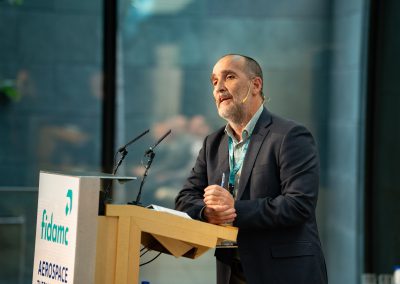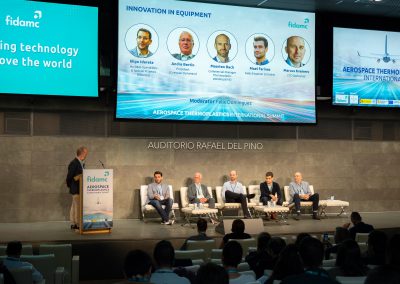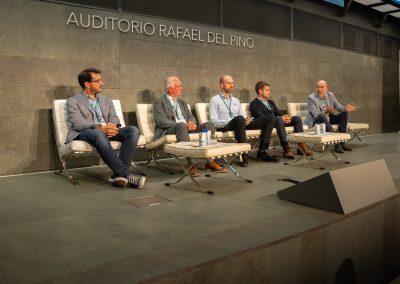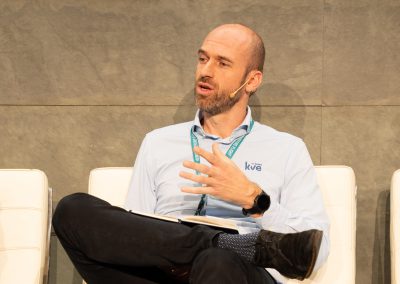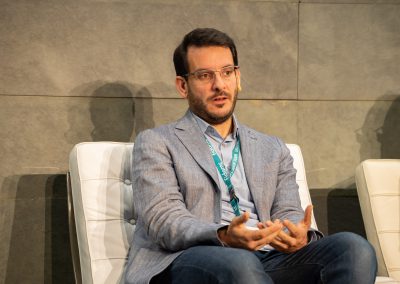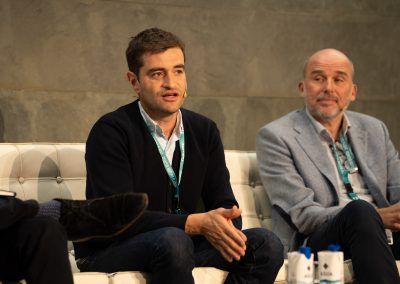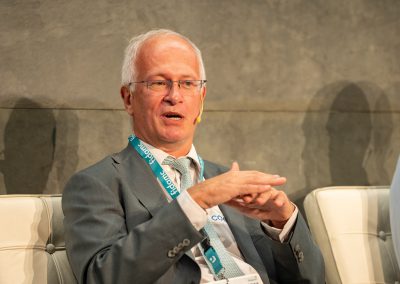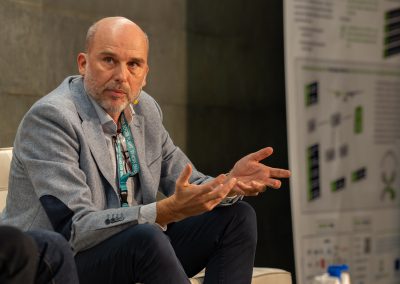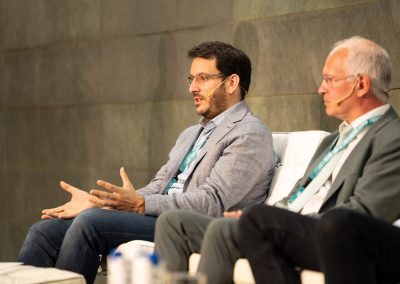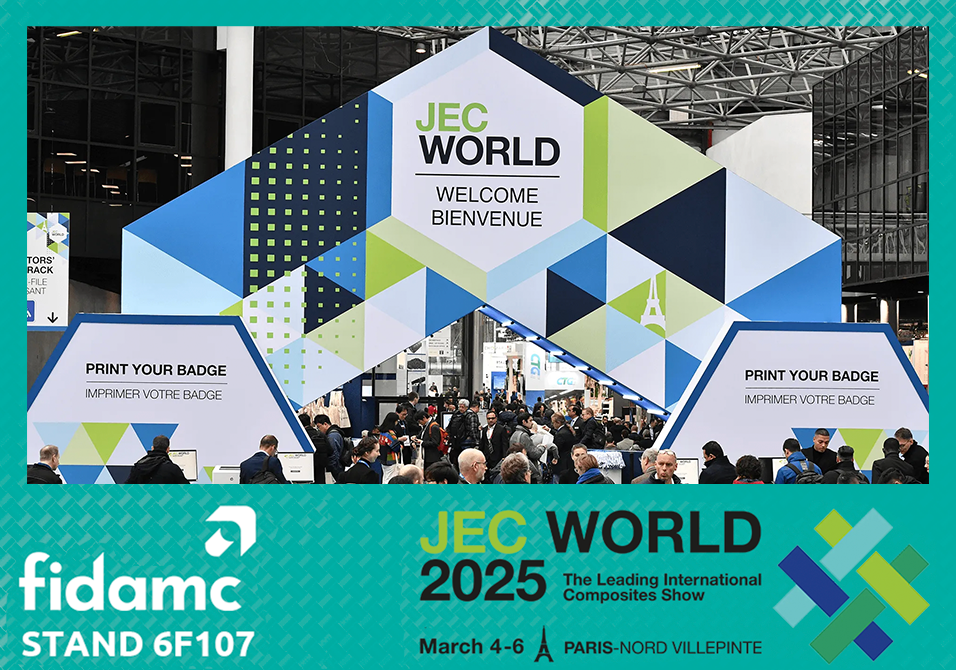The fourth round table at the Aerospace Thermoplastics International Summit brought together five leading figures from the sector under the title “Innovation in Equipment”. Moderated by Félix Domínguez, deputy director of Fidamc, the session addressed the main technological and production challenges in the manufacture of thermoplastic materials for the aerospace sector, with a special focus on automation, robustness and sustainability.
Participants included Íñigo Idareta (Head of R&D Operations & Special Projects – M. Torres), André Bertin (President – Coexpair Dynamics), Maarten Bach (Commercial Manager Thermoplastic Welding – KVE), Mael Farinas (Sales Engineer – Coriolis) y Marcus Kremers (CTO – Airborne) all participated, each offering complementary perspectives on how innovation in equipment is transforming the thermoplastic composites value chain.
Idareta opened the discussion by highlighting the challenges involved in adapting equipment to the processing of thermoplastic materials: "We need high temperatures and different pressure control, and that generates specifications for machines that are difficult to meet." He also emphasised the need for robust and efficient equipment to achieve production levels comparable to those of thermoset materials, without losing sight of sustainability.
From Coriolis, Mael Farinas emphasised technological evolution and the role of R&D in process maturation: "We started in 2010 with R&D projects and today we are ready to move on to the next step. We just need OEMs to push us to demonstrate our capabilities with these machines." His message reflected a shared optimism: the equipment is ready to scale up industrially, but the impetus must come from the market.
For his part, André Bertin explained how Coexpair has worked on developing low-cost in-situ consolidation solutions: "There is no low-cost equipment that manufactures low-cost tapes. We develop what we really need: fast, robust and efficient equipment." His speech emphasised the need for specific equipment for thermoplastic processes, not simply adaptations of thermoset technologies.
Marcus Kremers, CTO de Airbone, offered a different perspective by highlighting the importance of versatility in material and process design: "We are seeing a wide variety of materials being studied... Semi-prep is interesting because you can use the press not only to give the part its 3D shape, but also to impregnate it."
He advocated for the intelligent separation of stages in manufacturing, which allows for greater productivity and design freedom without compromising the quality of the laminate.
Closing the session, Maarten Bach, from KVE, reminded attendees that the current challenge is not only technological, but also regulatory: "We need the FAA and EASA to define certification standards for these technologies." Bach also highlighted the need for collaboration between manufacturers, institutes and authorities so that equipment and processes can reach industrial maturity.
The debate concluded with a look to the future: the digitisation of equipment will enable real-time data collection and improve process traceability. As Félix Dominguez summarised, "cooperation between materials, processes, certification and digitisation will be the key to the success of the next generation of thermoplastic composites".



